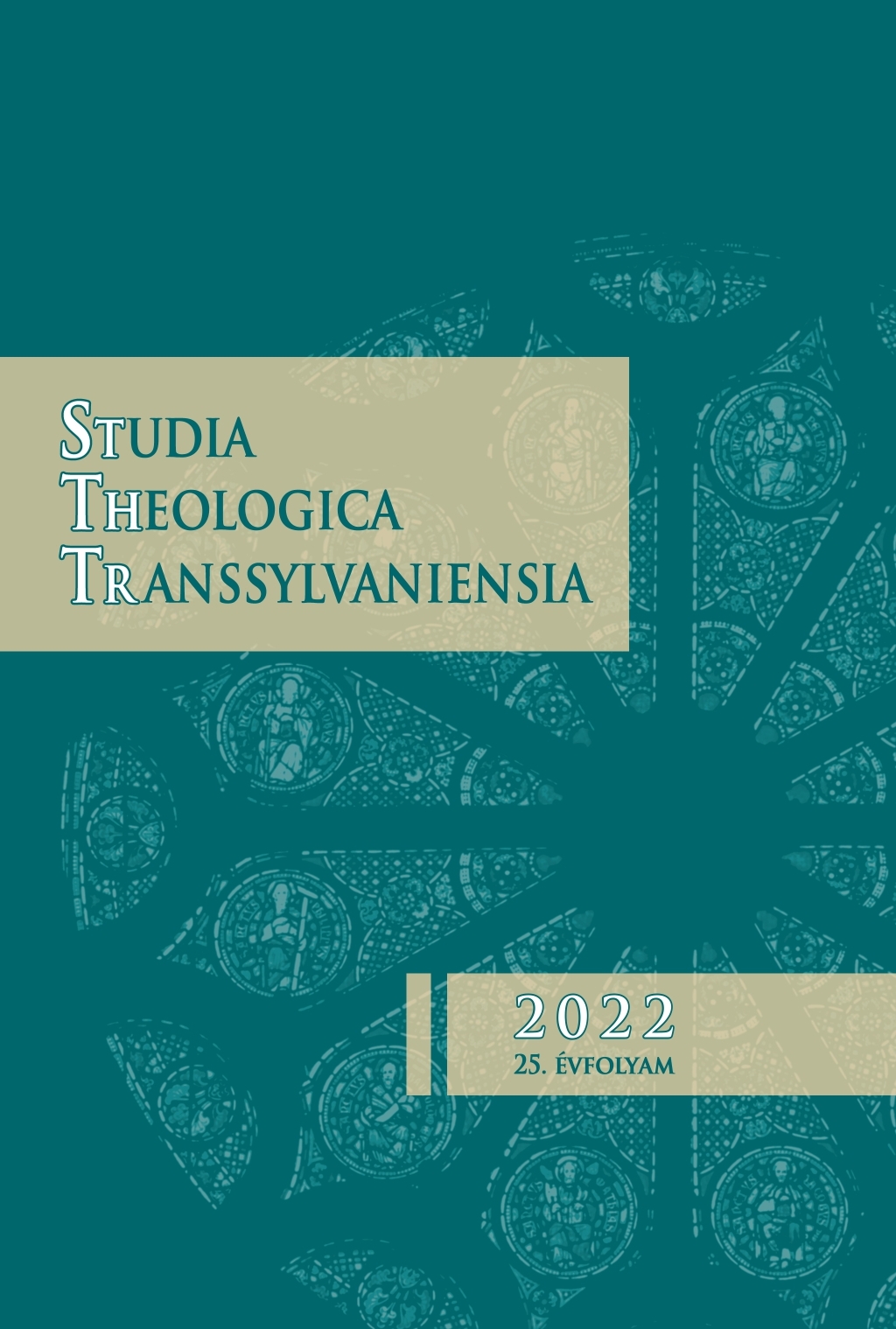Márton Áron kapcsolata szülőfalujához írásai és beszédei alapján
The Relationship of Áron Márton to His Native Village in His Writings and Speeches
Author(s): József MartonSubject(s): Education, Cultural history, Local History / Microhistory, History of Communism, Pastoral Theology
Published by: Institutul Teologic Romano-Catolic Alba Iulia
Keywords: Áron Márton; Csíkszentdomokos; religious education; communism; atheism;
Summary/Abstract: The writings and speeches of Áron Márton clearly show his attachment to his parents and his native village. Leaving his homeland did not mean forgetting his native village and his homeland. As a priest and bishop, he remembered fondly his homeland, his mother and father, his brothers and their families, the temple of his baptism, his first communion, his first teacher, his school, his parish priest who encouraged his vocation, and so on. During the communist regime, the connection with his native village became even closer. In the summer of 1957, Áron Márton was not only forcibly relocated by the secular authorities, but inhumane means were used against the parishioners in his home village – mainly because of him. The faithful in Csíkszentdomokos also had to suffer for the great-born of their village. And Áron Márton could not help, he was in such a predicament that he could only support the humiliated people of his native village with his prayer. The mutual prayer – the bishop for the faithful and the faithful for the bishop – made trust and strength grow and brought the bishop closer to his native village and also his village closer to him.
Journal: Studia Theologica Transsylvaniensia
- Issue Year: 25/2022
- Issue No: 1
- Page Range: 95-119
- Page Count: 25
- Language: Hungarian

